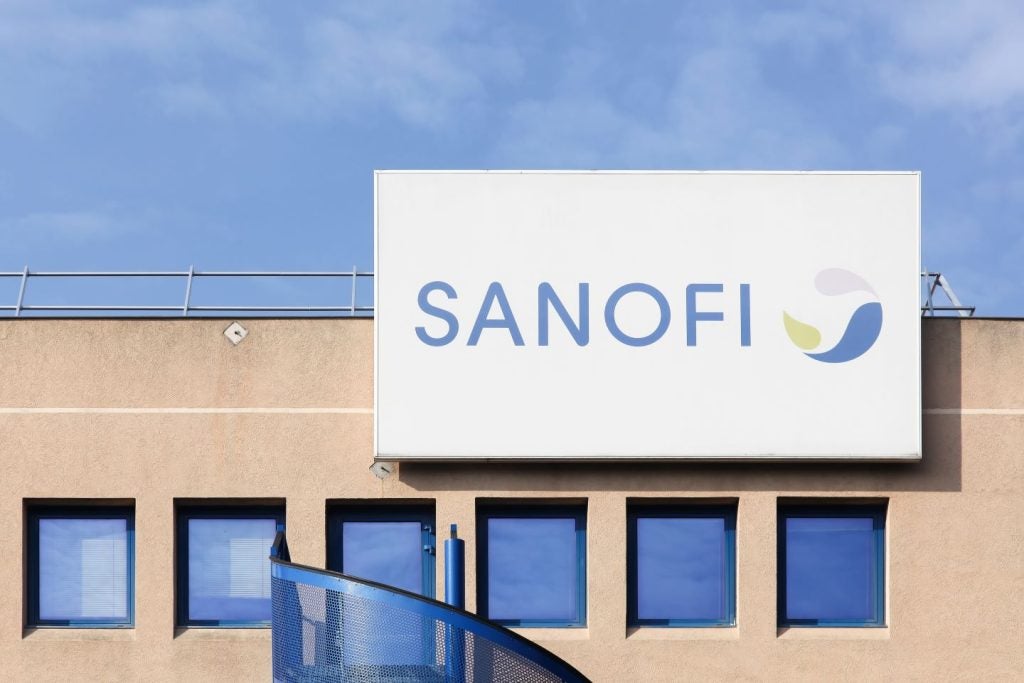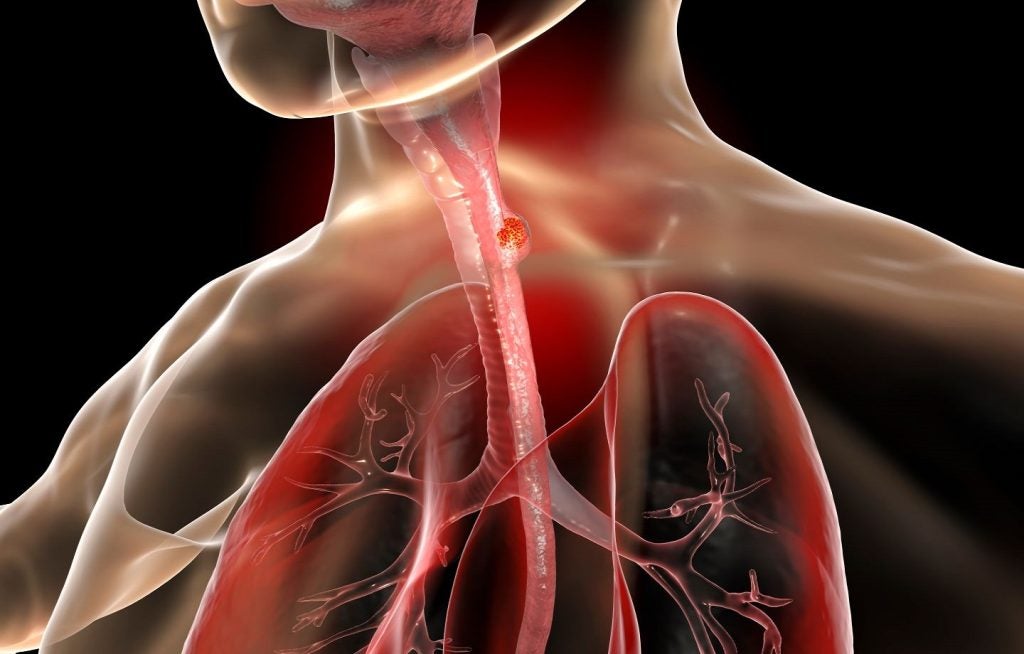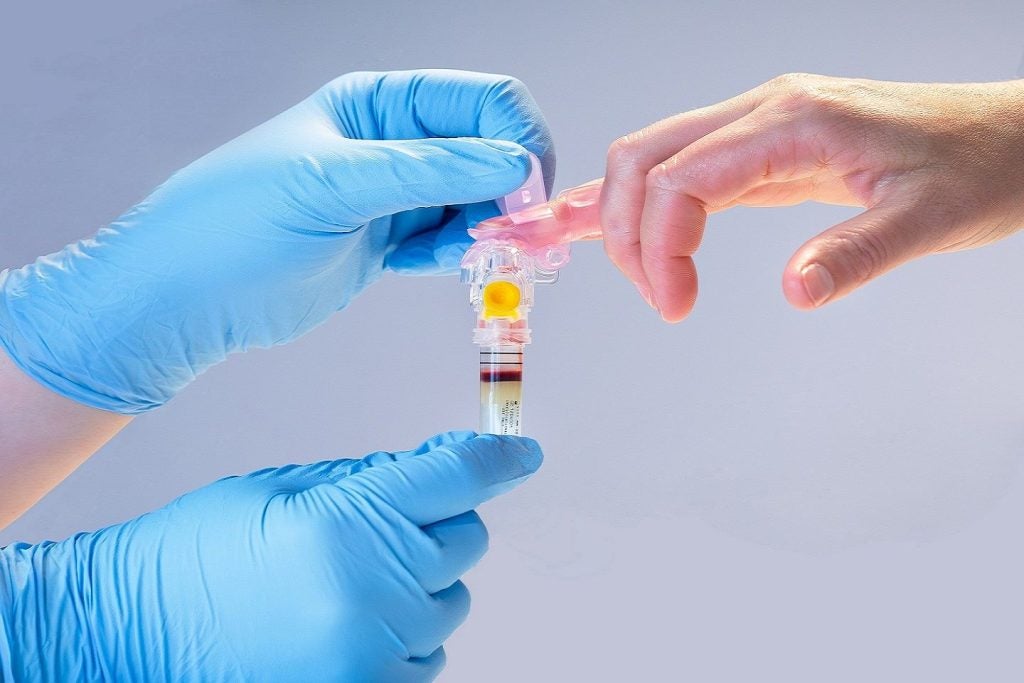Micro Medical has completed enrolment for a US pivotal clinical study evaluating the safety and effectiveness of its MicroStent system for the treatment of infrapopliteal lesions in subjects with peripheral arterial disease (PAD).
The US-headquartered company announced a total of 177 patients have been enrolled in the randomised, controlled STAND study (NCT03477604).
The trial, led by Dr. Robert E Beasley of Palm Vascular Centers in Miami Beach, Florida, enrolled its final patient earlier this month.
Micro Medical’s stent is being investigated via two cohorts in the trial. One arm will be treated with percutaneous transluminal angioplasty (PTA) – the current standard of care – in addition to the company’s stent. The other arm will be treated with PTA alone.
The device is already approved for use in Europe, after having received CE marking in February 2017.
A market model by GlobalData estimates the peripheral vascular stent market was worth $1.4bn in 2022. It is expected to grow globally to $3bn by 2033, with the US market expected to contribute $2bn.
The market’s growth is due to the increasing prevalence of PAD worldwide as populations age and patients living with conditions like diabetes, hypertension, and obesity also increase. WL Gore and Associates are current market leaders, occupying a 54.9% share of the global market, according to the model.
Micro Medical’s STAND trial has primary endpoints of patency of target lesion, freedom from perioperative death, and freedom from major adverse limb events.
Micro Medical’s clinical affairs vice-president Rita Jacob said: We are excited to see the data unfold to further understand the impact of angiosome-directed endovascular intervention and its impact on wound healing, limb salvage and patient living independence.
“The study's goal has always been to demonstrate a lower amputation rate thereby, lowering the devastating mortality rate associated with limb loss.”
Other trial milestones this year in the vascular stent space include Reflow Medical’s six-month findings from a trial investigating its device for the treatment of infrapopliteal arterial disease. WL Gore and Associates enrolled the first US patient in a study investigating its vascular stent to treat symptomatic iliofemoral venous obstruction.
















